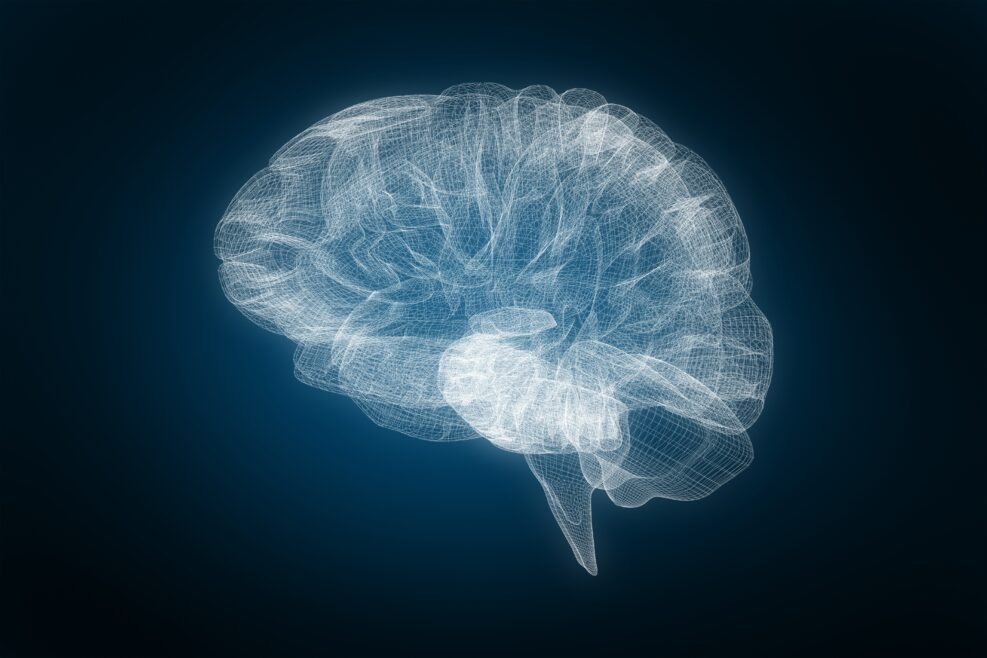
Tagdopamine


“Dopamine-Maximizing AI”
Elon Musk on addictive algorithms and the future of AI
How I Turned My Smartphone Into a “Dumbphone”
I've had it being a pawn of Big Tech
Facebook and Instagram Allegedly Hook Youngsters with Dopamine Triggering Tactics

You Can’t Always Be Happy
Our dopamine system both excites and tames pleasure
Cal Newport: Overstimulation Is Ruining Your Life
Turns out the solution is simple: don't use things that overstimulate you.
Social Media’s Distortion of the Real World
Constant exposure to idealized online images impacts our expectations and worldviewHow does excessive social media use affect our perceptions of the real world? Writers Mark Miller and Ben White wrote a piece at Aeon on social media through the perspective of “predictive processing,” a term used in neuroscience and cognition. Predictive processing involves the brain’s capacity to predict error, danger, or some future event, and urge us to act accordingly. (That’s my basic, layman’s understanding of it, full disclosure!) White and Miller use temperature as an example, noting how the body may respond to a change of the environment by closing a window or grabbing a blanket to keep warm. Being able to respond appropriately to our surroundings depends on the accuracy of our mental model of the real world. Read More ›

Surgeon General Says 13 is Too Young to Have Social Media
The public official warned against the addictive nature of social media and how it affects children's self worthU.S. Surgeon General Vivek Murthy believes that age 13 is too young for children to start using social media, noting that their sense of self is still developing. Murthy gave his remarks on “CNN Newsroom,” saying, I, personally, based on the data I’ve seen, believe that 13 is too early … It’s a time where it’s really important for us to be thoughtful about what’s going into how they think about their own self-worth and their relationships and the skewed and often distorted environment of social media often does a disservice to many of those children.” Murthy’s remarks go hand in hand with a formidable body of research that shows the negative correlation between social media use and teens’ mental Read More ›

Bingecast: JP Moreland on Changing the Pathways of Your Brain
Philosopher JP Moreland shares how twice he was incapacitated for months by panic attacks and anxiety. His new book, Finding Quiet, seeks to make the most of his suffering, condensing the crucial lessons learned from his research. He and guest host Mike Keas address the relative evidence for the soul and the brain, the integration of faith with knowledge from Read More ›

Cutting New Grooves Over Bad Vibes on our Plastic Brain
JP Moreland shares with Mike Keas how twice he was incapacitated for months by panic attacks and anxiety. His new book, Finding Quiet, seeks to make the most of his suffering, condensing the crucial lessons learned from his research. In this episode, JP outlines some practices that can heal and retrain the brain. Show Notes 01:00 | “Cutting new grooves” Read More ›